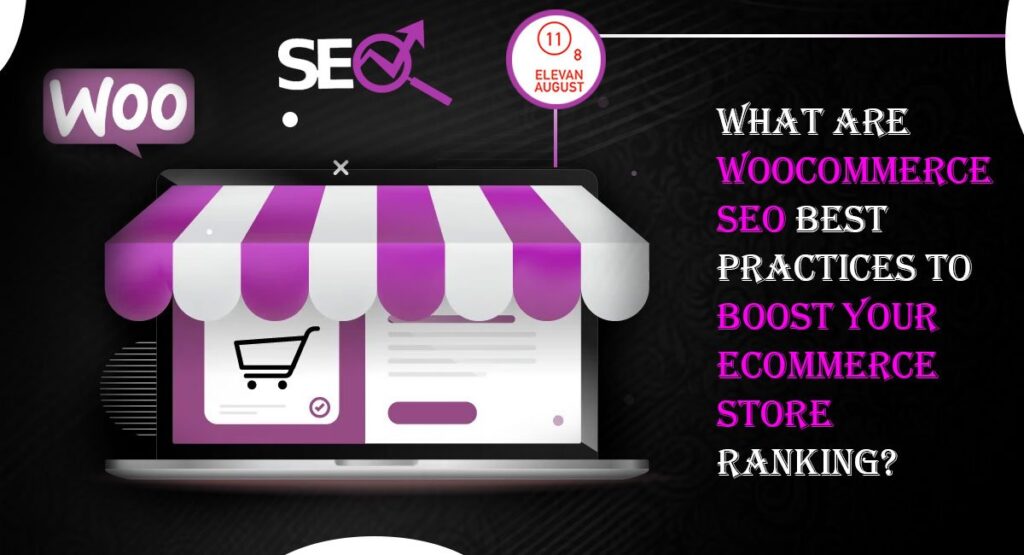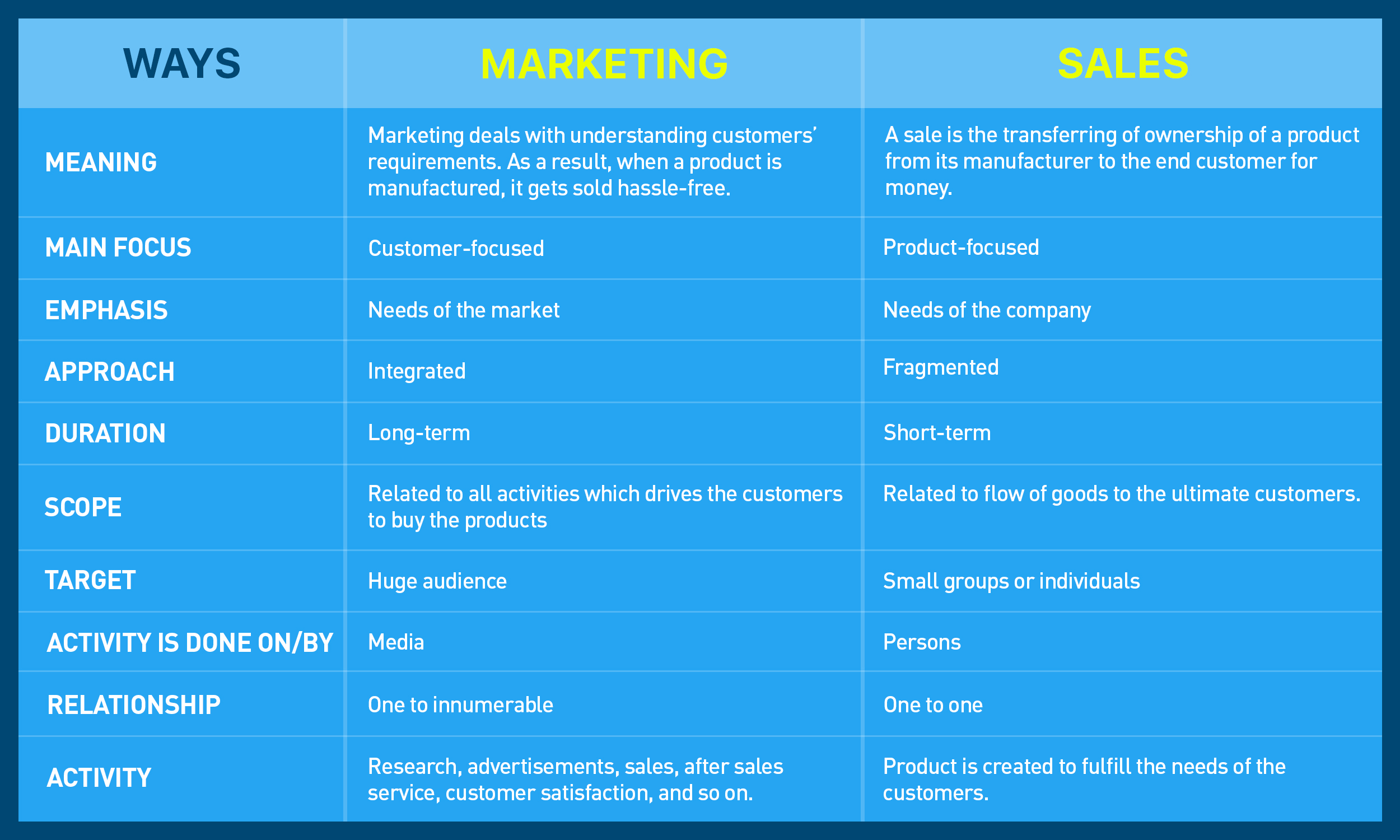WooCommerce is an open-source WordPress plugin used to set up your eCommerce store. It allows store owners to customise their website and effectively manage a functional, SEO-friendly, successful online store. However, you must implement WooCommerce SEO best practices to ensure your online store performs well on search engines to drive more traffic and generate sales and revenue. You can hire the help of an SEO agency in Singapore to optimise your eCommerce store for relevant search phrases. This blog will share a few WooCommerce SEO best practices to boost your online store’s SERP rankings.
Benefits of WooCommerce
WooCommerce offers the following benefits for eCommerce owners.
WordPress Integration
WooCommerce helps you make your WordPress site into an effective eCommerce store. This integration provides you with an intuitive interface. You can manage your inventories, track orders, handle shipping, and supervise other aspects of your store from your WordPress dashboard.
Customisation options
WooCommerce comes with various customisation options that allow you to design your store. It allows you to improve your website’s features and functionalities. You can modify your website according to your needs and improve its SEO performance.
Secured
WooCommerce offers additional security plugins to provide customers with a secure shopping experience. It further helps earn your audience’s trust, which will increase sales.
Effective analytics and SEO tools
WooCommerce offers built-in analytics tools to provide insightful data, such as sales reports, customer data, your store’s performance, etc. This data will further help you make informed decisions concerning business growth strategies.
9 WooCommerce SEO best practices for your eCommerce Store
WooCommerce offers various benefits to business owners regarding setting up their online store. Implementing SEO best practices can help your online store perform well on search engines to drive more traffic and improve sales and profit.
Optimise product descriptions
Your product description should include critical information about your products. These are crucial pieces of content to help improve your search rankings. Along with basic details, highlight your product’s unique features, benefits, etc., to encourage your potential customers to purchase. Additionally, include relevant keywords and call-to-actions in your product description.
Optimise page titles
Page title helps your audiences and search engines understand the context of your page. Your eCommerce store has various pages, such as category, product, etc.
Category pages help your customers find various types of products you offer. On the other hand, product pages feature individual products under these categories. As you can understand the basic difference between category and product pages, optimising the former for broad terms and the latter for specific phrases is better.
Enable breadcrumbs
These appear at the top of pages, allowing visitors to return to previous pages. They are helpful for visitors and assist search engines in determining your site structure. It also affects your appearance on search results.
Optimise site navigation
Effective site navigation helps reduce bounce rates and improve the time spent on the website. As your visitors spend more time on your website, it will help improve its search ranking. Your home page should include links to other crucial pages on your website.
Permalinks
A permalink is the link to specific content on your website. You can select your URL structure by visiting Settings and then clicking on Permalink. Ideally, you should keep your Permalink short and descriptive. An essential part of this Permalink is the URL Slug. To ensure your URL Slug is SEO-friendly, adding hyphens between each word and using unique URLs for every page is better.
Optimise Meta description
Meta descriptions are pretty effective in improving your clickthrough rates (CTR). They appear below the search results title and help describe the content of your page. Optimised effectively, they can encourage searchers to click on your website links. Meta descriptions cannot be longer than 160 characters; hence, you should include only the critical information. Adding descriptions and call-to-action is better to encourage more visitors to click on them.
Add alt text
Alt text is critical for SEO as it helps visitors with limited vision understand your images’ context. The alt text for your website images should provide their accurate descriptions. In situations where users might block images from appearing, alt text will show up, helping them understand what it is about.
Canonical URLs
Having two pages have similar content on your website can harm each other’s rankings. You might have a product that appears in multiple categories. Another situation may arise where WooCommerce might generate separate URLs for a single page. In both these situations, you need to create a single canonical version for search engines to index. If you move from one eCommerce platform to another, have discontinued products, or there is a permanent change in the address of a page, you need to add a 301 redirect.
Track SEO performance
You must track the SEO performance of your online store to determine whether your efforts have succeeded in improving your store’s organic search rankings or if you need to modify your strategies. Tools such as Google Analytics and Google Search Console can help you acquire critical user data and track your website’s performance over time.
Elevan August Media offers comprehensive SEO services in Singapore. If you need help boosting your eCommerce website’s organic rankings on SERPs, hire our professionals for appropriate assistance.






